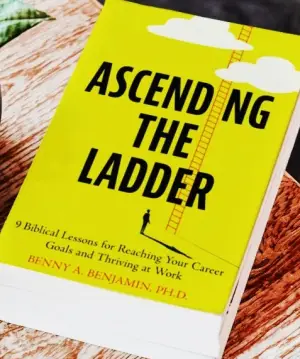The Rom-Commers: A Rollercoaster Ride that Derails
I’ll be honest; I picked up The Rom-Commers by Talia Hibbert because I was in the mood for an escapist rom-com that promised laughter, love, and a sprinkle of chaos—everything that makes a delightful read. The premise of two flawed screenwriters diving into romantic misadventures sounded like the perfect recipe for a fun escape. But, oh boy, did this book catch me off guard; what began as a joyous literary journey culminated in a mishap that left me feeling bewildered and more than a little betrayed.
At first, I was completely charmed by Charlie and Emma, two screenwriters whose banter and chemistry leapt off the pages. The playful exploration of romance tropes was delightful, balanced with genuine moments of introspection. Hibbert’s writing is warm and engaging, and her knack for comedic timing shone through, making me chuckle out loud at various junctures. Quotes like, “Not everybody is dying all the time,” became quirky reminders of Emma’s insecurities, cleverly woven into their romantic dance.
However, as the storyline unfolded, it took a considerably darker turn, headed straight toward the emotional highway of terminal lung cancer—a lead-up that I felt completely unprepared for, especially as it revealed itself to be a fake-out. To say this "twist" threw me would be an understatement. The juxtaposition between fluffy rom-com and potential tragedy not only felt dissonant but also disrespectful. As Charlie navigates the bombshell of his supposed diagnosis, the narrative transitioned from lighthearted fun to a grim portrayal of illness, striking a sour note that lingered long after the book concluded.
My frustration stems from how manipulative this plot twist felt. The emotional stakes ramped up precipitously, dredging up painful memories not only for Charlie but for me as a reader. Cancer isn’t just a plot device; it carries weight, memories, and realities for many—not just an easy route to deepen conflict. When Charlie’s cough began to echo my own experiences with loss, I found myself grappling with feelings I wasn’t prepared to confront in a rom-com. It felt lazy—cheap even—for Center to lean on this tropes without a proper exploration of the serious implications that follow.
And while I initially found myself invested in Emma’s journey of self-discovery, her character faltered in the face of familial tensions that seemed to exacerbate rather than resolve. The emotional climax ended up feeling stilted, with key moments coming off in a heavy-handed manner. By the end, I was left with a mix of disappointment and disbelief. How could the narrative arc that once promised growth spiral into something so convoluted?
Despite my critiques, I can’t deny that The Rom-Commers had its moments of brilliance, especially in the development of the primary relationships and the humor that leavens it. Yet, my experience was marred by that unsettling disconnect between light-hearted content and wrenching emotional twists; themes that should, in essence, coexist with more sensitivity.
In conclusion, if you’re seeking a bubbly rom-com with heartfelt connections and laughs, consider diving into The Rom-Commers with a caveat. Keep in mind the plot twists, especially the daunting faux cancer diagnosis, which might take you down an unwanted emotional path. This book might resonate more with those who appreciate that emotional complexity in their romantic comedies, but for me, it was a poignant reminder of why expectations matter in our reading journey. As I close the chapter on this book, I can’t help but reflect on how impactful it was—just perhaps not in the way I anticipated.







